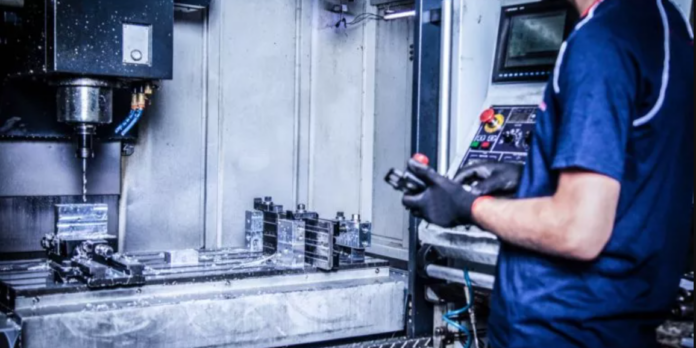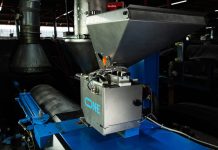CNC precision machining is a process that uses computer numerical control to create parts with extremely tight tolerances. The high degree of accuracy it produces makes this method ideal for industries who need highly precise goods, like medical equipment or Space Vehicle Components!
CNC precision machining is a subtractive manufacturing process
CNC machining has many benefits over traditional methods. For one, it reduces waste and speeds up production time because of its ability to produce the same parts with greater accuracy than human operators can achieve on their own or through older technologies like manual lathes – which is where most metalworking happens these days anyway!
CNC machining starts with a block of raw material and removes layers of material bit by bit. This process is known as subtractive manufacturing and can lead to up to 50% scrap. However, it is also more expensive to run because of its energy requirements. Additionally, CNC machines operate for a long time and can cost a lot of money. It is important to consider the type of product you’re producing and the application to decide which manufacturing method is best for your production needs.
It uses computer numerical control (CNC)
CNC precision machining uses computer numerical control (PNC) technology to control a machine’s motion. Unlike traditional machine tools, CNCs do not require a human operator to direct axis motion by hand. Rather, CNCs use computer numerical control software to specify axis motion using a coordinate system. The two most commonly used coordinate systems are polar and rectangular.
The CNC programming language is similar to a step-by-step instruction. The machine will read the first command in the program, interpret it, and then execute the next command. It will continue in this manner until the program is complete. The program is like a series of sequential steps that must be performed to ensure the final product meets the desired standards.
It produces parts with very tight tolerances
CNC precision machining is a process that produces parts with extremely tight tolerances. This type of machining is often more expensive than conventional machining methods because of the wear and tear on tools used in the production process. Tight tolerances are necessary for high-quality products. Parts manufactured with this technique have high accuracy and long service life.
The amount of variation between parts is called dimensional tolerance. Generally, there is a certain tolerance range that can be accepted, and tighter tolerances can be too costly or labor-intensive to achieve over again. Depending on the component’s use, tight tolerances can be necessary.
It is used in many industries
CNC precision machining is a versatile process that can create many different products. The automotive industry, for example, often relies on CNC machines to create intricate engine components. These parts have to be fitted tightly and precisely to keep the vehicle running smoothly. Another industry that utilizes CNC machines is the aerospace industry. Parts of aircrafts must be accurate and have tight tolerances, which can be as small as four millimeters. The aerospace industry also relies heavily on 5-axis CNC milling machines, which are ideal for handling titanium and other difficult metals.
The medical industry also relies heavily on cnc precision machining. The manufacturing process is fast and accurate, and the process can allow for fast product turnaround. The precision of medical instruments and components is critical, and the equipment must be safe and durable. In addition, CNC machines can produce prototypes to exact specifications. These prototypes help companies test new ideas and theories.
It is a well-known technique for high-precision manufacturing
Precision machining is a common technique used in many industries. Its applications include high-precision manufacturing in aerospace and automotive industries. In these industries, the appearance of a product can be extremely important. Similarly, a flaw in a machined part can have disastrous consequences.
CNC machines can produce components made from a variety of materials. These parts can include brakes, engine parts, and tools. These precision-machined parts can be used in the manufacturing process of passenger and cargo vehicles. Using a CNC machine will help engineers create prototypes and test designs faster.










